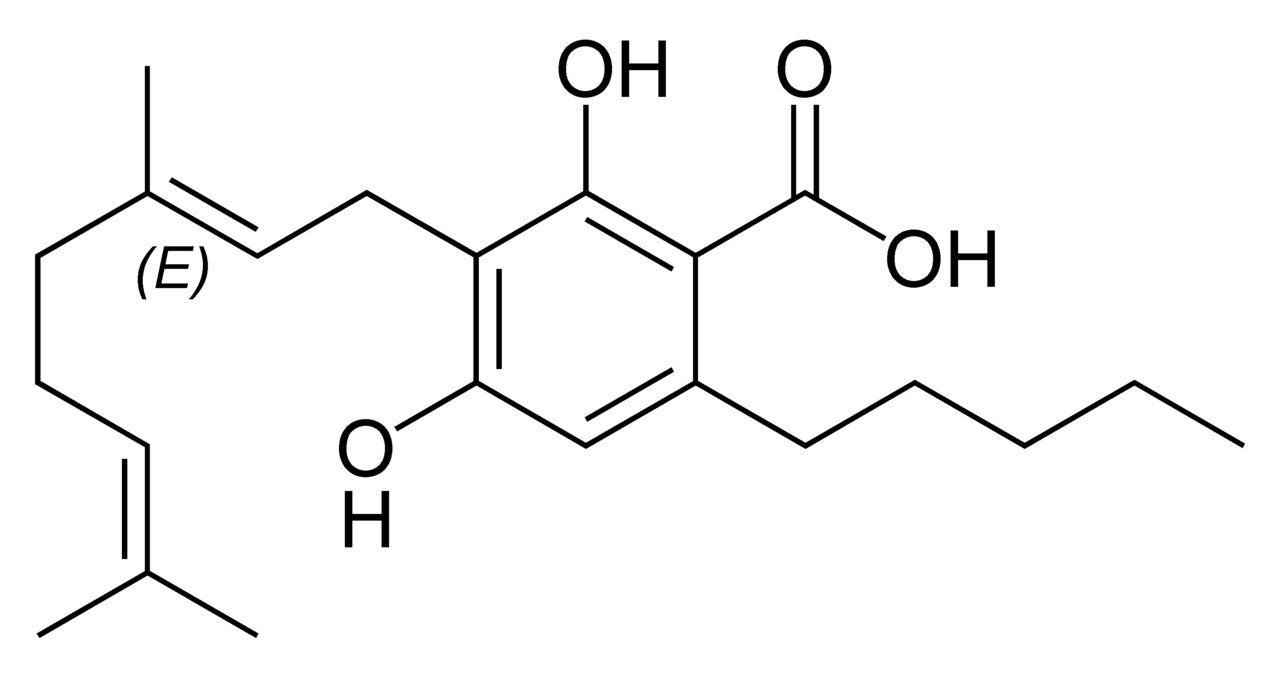CBDA & CBGA...what are they?
CBDA and CBGA
Excerpts from Healer.com, Dr. Dustin Sulak
CBDA: CBDA is comparable to CBD in many aspects, having activation at serotonin and capsaicin receptors. CBDA, unlike CBD, has not been found to affect cannabinoid receptors, but it has been demonstrated to target the COX enzymes linked to inflammation, a process similar to that of common over-the-counter anti-inflammatory medicines.
Therefore, if you’re unsatisfied with the results from CBD products, do not assume that CBDA won’t work any better. CBDA gets absorbed significantly better — 5x-11x times better— than CBD when taken orally.[1] There is also some evidence-based on animal models that CBDA is stronger and more potent than CBD, not just because it’s getting absorbed better but because it is acting more powerfully.
The health benefits of CBDA may include improvements in:
Inflammation
Mood and anxiety
Resilience to stress
Cognition
Neurologic healing
Pain signaling
Gut function
Tissue recovery after exercise or injury
On to CBGA: Some have referred to CBG as the ‘mother of cannabinoids’, because its raw, unheated form, cannabigerolic acid (CBGA), is the precursor cannabinoid that is later converted into THCA, CBDA, or CBCA. Like the other cannabinoids, CBGA is decarboxylated into CBG by heat and time, but few cannabis varieties have any significant amount of CBGA in the mature flowers. In the past, some growers used early harvesting techniques to increase the yield of CBGA from common medical varieties. More recently, breeders have developed varieties of cannabis that lack the enzymes responsible for converting CBGA into the other cannabinoids, resulting in fully mature flowers dominant in CBGA and low in THC and other cannabinoids. These flowers can be extracted to produce products with high levels of CBG that offer distinct medicinal benefits.
Nerve pain with shooting and stinging discomfort
Physical anxiety and fight or flight feelings
Attention deficit and hyperactivity
Trouble Sleeping
Inflammation
Gut health



